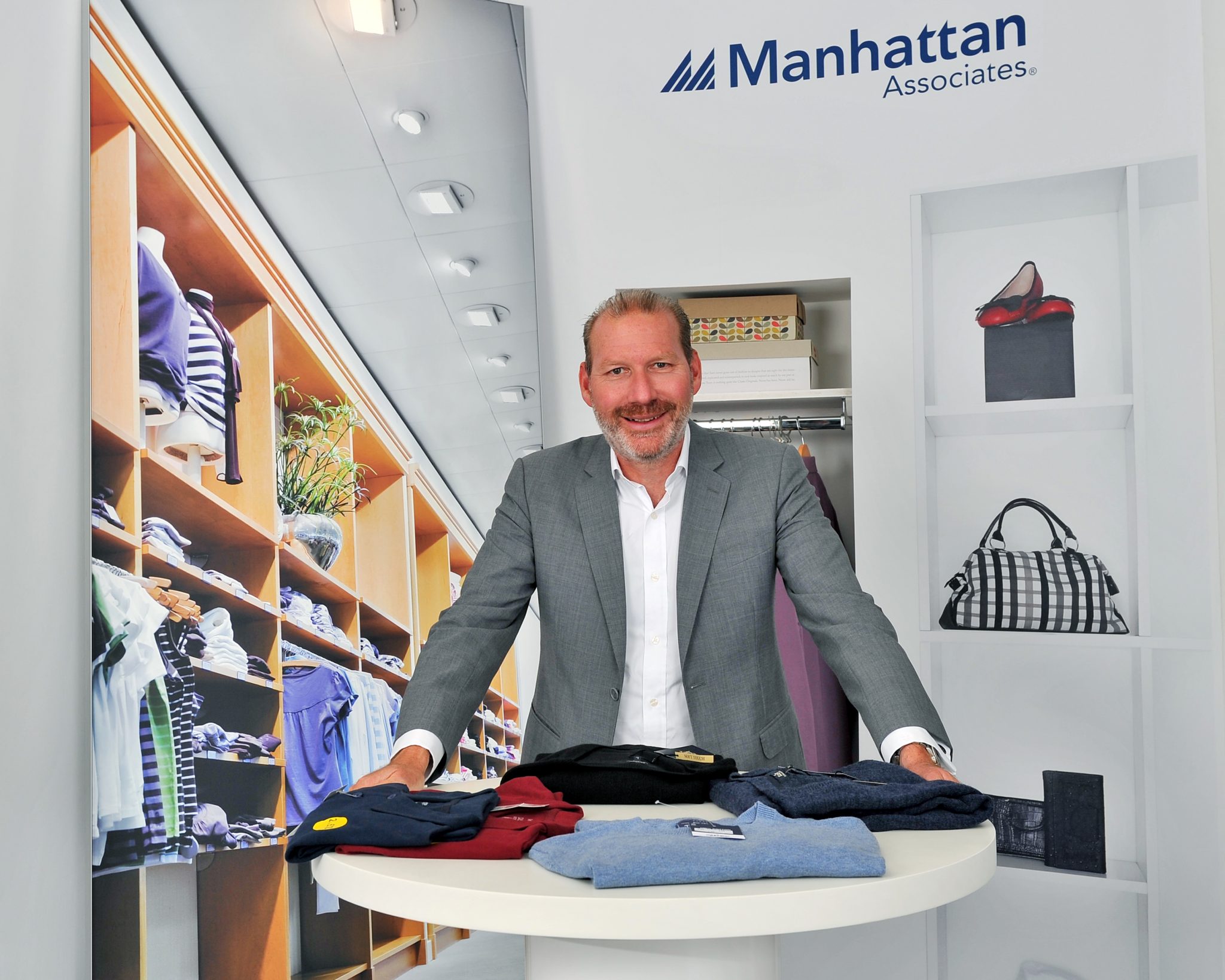Despite the progress that has been made, retailers still need to ask themselves: what is the goal? What can AI really deliver – and what will this mean for consumers? Craig Summers, UK Managing Director, Manhattan Associates warns against falling for AI gimmicks if retailers are to leverage AI to its full potential, promoting predictability and above all, delivering a greater customer experience.
Artificial Intelligence (AI) has undoubtedly become one of the biggest buzzwords of 2019 and its use within retail is only set to grow, not just for large market-leading retailers, but for retailers of all shapes and sizes across many sectors. Driven predominantly by the success and maturity of AI and Machine Learning (ML) platforms/solution providers and the pervasive growth and adoption of Cloud Service Providers, retailers are beginning to move past the marketing flurry that AI once was. Now, retailers are beginning to develop a legitimate appreciation of what it takes to properly evaluate, prepare and produce AI and ML-enabled solutions.
Confusing gimmick with experience
Online, in-store, in the warehouse, the opportunities to leverage AI and ML to improve retail operations are compelling – no wonder research predicts that retailers will spend $7.3billion on AI by 2022, more than tripling the average spend in 2018. However, before AI can be truly effective in the sector, the challenge of data quality, quantity and privacy must be addressed. Even with the volumes of data currently captured by many retailers, they often still struggle with capturing and keeping enough of the ‘right data’ – historical data that is accurate, complete and textual – to fully take advantage of the benefits AI can bring. Additionally, many customers are becoming less willing to share their data, which is necessary to truly make AI and ML models accurate and successful. In the rush to embrace innovation, it is easy to overlook these challenges and move focus away from the bottom line objectives, which should be: where is the ROI, and what is the implication for the customer experience?
An amazing AI solution in-store that uses a customer’s hair and skin tone, size and style to recommend products, from hair styling to make-up, fashion to accessories, is incredibly exciting. But unless every recommendation is available to buy in-store at that very moment, or if not, easily sourced and delivered to the customer’s destination of choice, using AI in this way is nothing more than a gimmick. It may add a little levity to the shopping trip – but it does not provide a truly compelling and satisfying customer experience that is enduring and repeatably delivers on the bottom line.
And this is the key: in today’s highly competitive retail environment, the priority has to be on customer experience, satisfaction, and retention. Otherwise, customers will just easily drift over to another retailer within the overloaded omni-channel marketplace. Strong customer experience and satisfaction is not achieved through gimmicks, but through ensuring customers quickly get their hands on the products they’re seeking. In practice, this means maximising stock availability – where it is needed, at the right time. It means achieving a slick warehouse operation that can fulfil both to store and direct to consumers without unaffordable – and often hard to find – additional workers. It means improving predictions to minimise discounting and maximising best-selling products. With this approach, retailers can achieve true customer satisfaction and loyalty, and therefore achieve higher levels of sales, and sales longevity.
AI in the future
Retailers that have embraced AI in the warehouse are already driving tangible improvements in efficiency and accuracy. By combining deep, high quality order history data with AI and ML to better understand the characteristics of order trends, including direct to consumer ecommerce orders, retailers can reconsider the pick, pack and ship processes. Schedules are being reorganised; resources redeployed; while orders can be seamlessly prioritised, and new delivery options enabled.
Furthermore, AI enables retailers to better manage the changing sales peaks, such as back to school or the unexpected April heatwave, as well as problems with shipping or haulage. Essentially, AI delivers more accurate and granular predictions that can be used to smooth out the entire logistics process in real-time. With differentiation and innovation at the core of AI, there has never been a better time for all types and sizes of retailers to leverage AI and ML to level the playing field with major retailers, not only to help neutralise and compete, but to differentiate and innovate. Retailers have shown in the past how they can embrace innovation, rise to a challenge and adopt the technology available – so now is the time for them to do it again.
Conclusion
In the future, AI will offer the chance to transform customer personalisation. It will support the most extraordinary innovations – both externally and internally – and support huge changes in the way retailers and customers interact. Aside from AI-driven, personalised and on-demand product creation (imagine the ‘personalisation’ we see today but heightened ten-fold), AI will enable highly accurate behavioural analysis that will ensure the retailer knows what a customer wants long before the customer has any idea.
Imagine virtual shopping networks with intelligent shopping assistants, with visual and conversational digital assistants for both consumers and retail staff; imagine just how interactive and innovative retailers can make the experience for their customers. But that is the future. And, let’s be clear, such behavioural insight is of zero value if it cannot be backed up by a retail operation that is efficient and effective – and can automatically and consistently deliver every aspect of the customer experience.
AI is taking retail by storm but put the gimmicks aside: the real and attainable value of AI right now is to be gained by applying proven algorithms to drive essential supply chain improvements.




